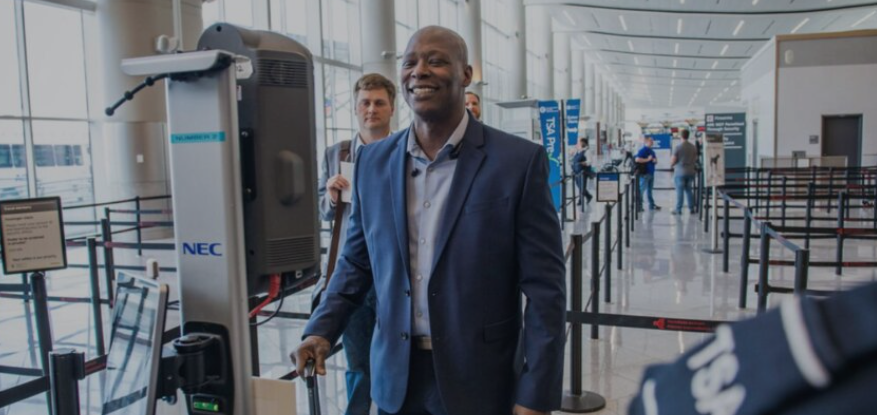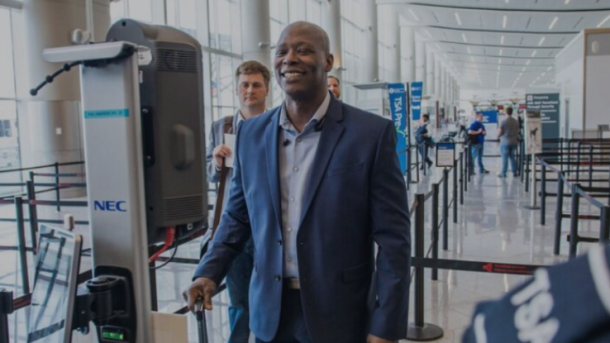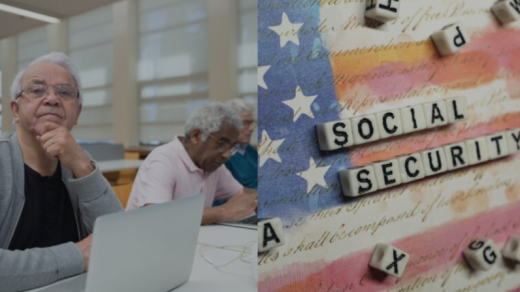A strange event unfolded today at U.S. airports as travelers were asked to undergo facial scans during security checks. While it may seem like a routine procedure, there’s an important aspect most passengers overlook: the TSA facial recognition opt out. The process is, in fact, optional for domestic flyers, though some foreign nationals might be required to participate if they are traveling internationally.
While the TSA claims that travelers’ images are not stored if the match is successful, the broader question of data privacy remains concerning. Experts caution that the TSA facial recognition opt out could be a wise choice for those wary of the long-term implications of biometric data collection.

Why You Should Consider the TSA Facial Recognition Opt Out
Lawyer Travis LeBlanc, who previously served on the Privacy and Civil Liberties Oversight Board, explains that opting out of the facial recognition scan prevents your picture from being submitted to government databases. According to him, this move protects your privacy and reduces the risk of the government storing your biometric data.
Although the TSA assures that images are not kept when there’s a match, the potential for real-time biometric tracking has raised alarms. Skepticism about how the government handles this sensitive data is growing, and it’s becoming more crucial than ever to understand the option of the TSA facial recognition opt out.
The Privacy Risks and Benefits of the TSA Facial Recognition Opt Out
Jennifer King, a privacy fellow at Stanford’s Human-Centered AI Institute, emphasizes the importance of caution. She believes that the TSA’s public statements about data handling are too vague, leaving travelers unsure of how their data is used. While some may not mind the convenience of facial recognition, the TSA facial recognition opt out provides an opportunity to protect your personal information from being captured and stored.
The concern also extends to Customs and Border Protection (CBP), which is known to retain facial data for up to 12 hours. This additional layer of data storage and tracking raises more questions about the future of biometric surveillance in travel. As technology evolves, the need for transparency and privacy protection in the use of such tools becomes all the more urgent.
Source: www.inquisitr.com



